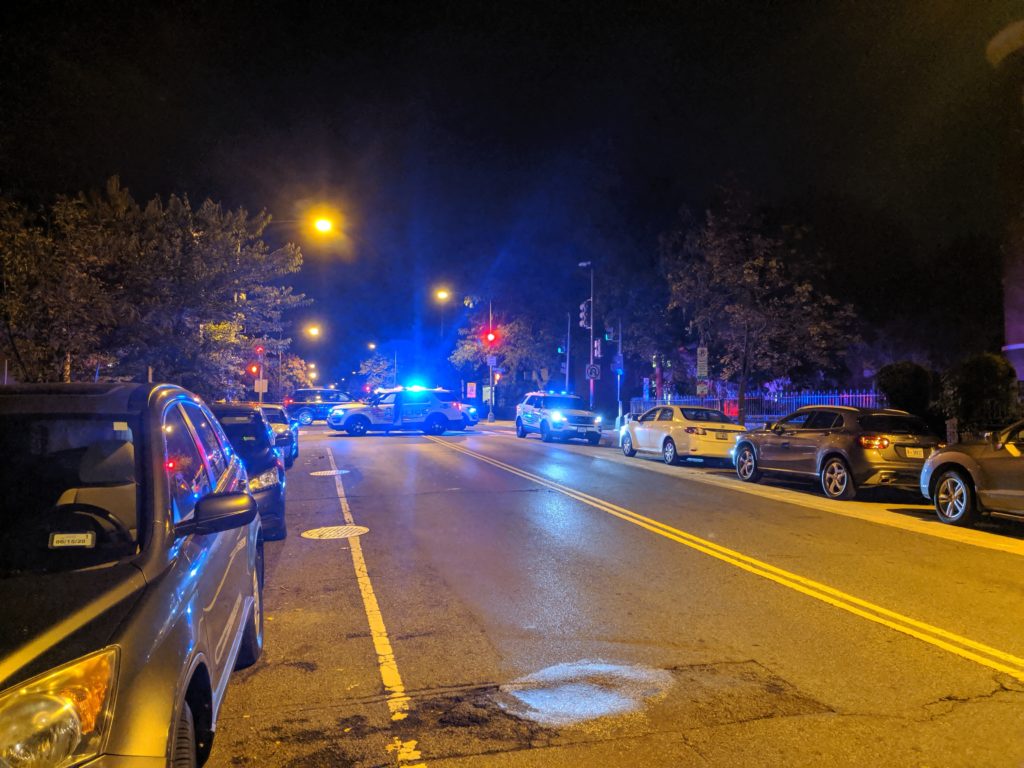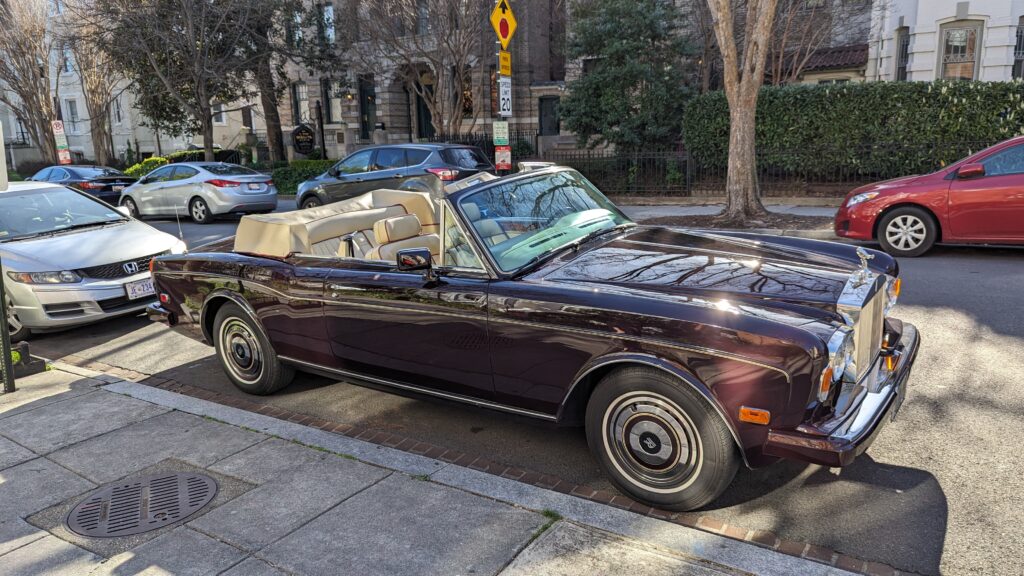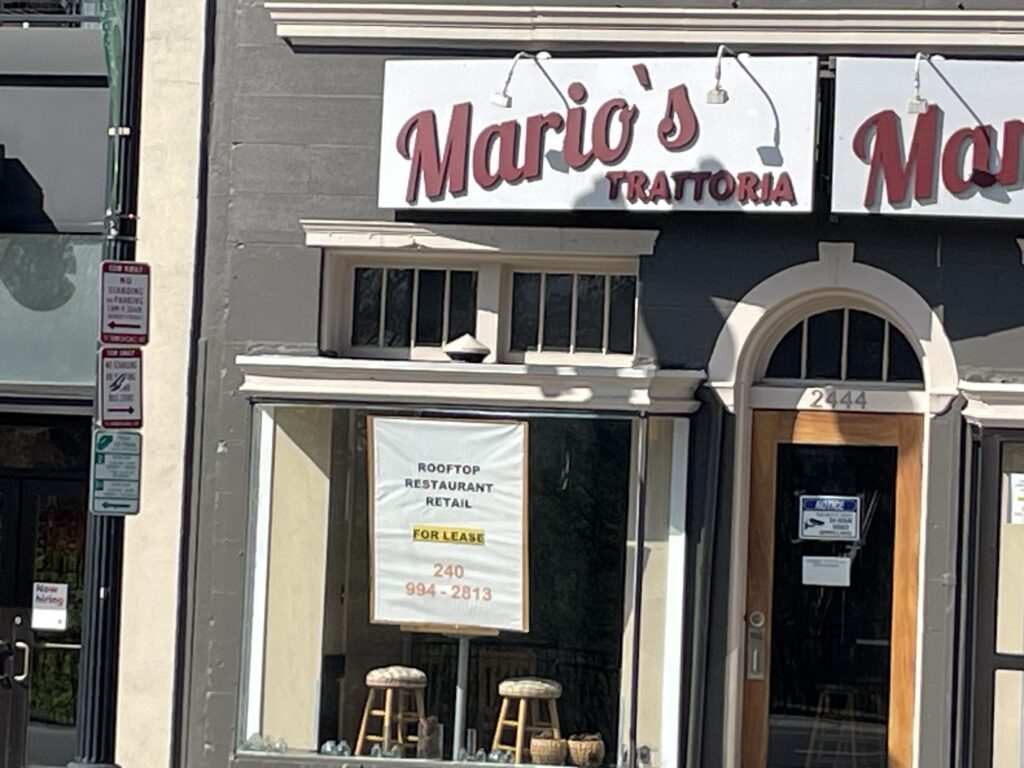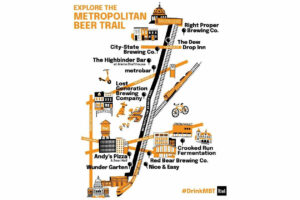
From Councilmember Charles Allen, Chair of the Committee on the Judiciary and Public Safety:
“On Monday, the Metropolitan Police Department (MPD) complied with a 2016 Council law by releasing a report on stops made by its officers that details far more information on those stops than has ever been previously collected.
Although the Council legally required this data be reported in 2016, and also funded the associated costs via the annual budget in two consecutive fiscal years, MPD only collected and released the full data in response to legal action. But the important point is that the data is finally available and will be critical to informing the community discussion on policing. While this report only covers one month of data, it will be the first of many reports to help identify trends and inform policing practices.
After an initial review of the reported data, here’s what we know so far, and why it could be significant:
During this four-week period, MPD reports conducting approximately 11,600 stops. Each of those 11,600 stops represents an interaction with law enforcement that influences and impacts a person’s perspectives on policing and trust – which is why every single stop must be respectful and constitutional.
More than 75% of all stops were of people of color, and more than 90% of all non-ticket stops (where the outcomes range from no further action to arrest) were of people of color. In a city where people of color comprise roughly one-half of the population, this initial data set is extremely concerning. It also tracks with the disproportionate contacts people of color have with all aspects of the District’s criminal justice system.
In just one month, there were well over 2,000 stops that did not result in a ticket or an arrest – roughly 20% of all police interactions.
One-fifth of everyone stopped was arrested. It’s unclear how many of those arrests were subsequently “papered” or charged for prosecution. If an arrest isn’t charged, in most cases, a record of the initial arrest still creates a lifelong criminal record. Outcomes are important, and there isn’t a connection in this data between MPD’s actions and prosecution decisions.
The majority of people stopped for traffic violations were registered outside D.C. This means that our actions have ramifications not only for District residents, but for the entire region.
Every gun removed from our streets makes the District safer, and MPD seized 136 guns through these stops. We don’t know how many of these gun charges moved through our criminal justice system after the weapon was seized. We also know that guns were seized in 95 stops, which represents less than 1% of all stops. More needs to be assessed to investigate the benefit of recovering an illegal firearm, and the large volume of stops impact on community trust.
Approximately 1,600 stops involved either a frisk – meaning that the person stopped was patted down by a police officer – or a search of the person or their property. It’s important to know whether these types of stops were concentrated around certain demographics of people or in certain parts of the District, which more data will help us understand.
We need to know more about stops that last long periods of time. More than 30 minutes is a significant amount of time for a routine stop by police, and more data will help us go deeper into who, where, why, and what happened.
More stops end in arrest in the 5th, 6th, and 7th Police Districts, with the lowest number ending in arrest in the 1st, 2nd, and 3rd Districts.
Finally having this initial data is an important first step. What we do with it, and how it informs policing and practices in the District, will be the most important next step to both the executive and legislative branches as we see more data. This month is a very small sample size, but it reflects thousands of real people’s lives affected by policing. It’s my job as the Chair of the Council’s Committee on the Judiciary and Public Safety to ensure that all residents have procedurally just interactions with law enforcement, and that our laws are equally enforced regardless of who you are or where you live.”
Recent Stories

For many remote workers, a messy home is distracting.
You’re getting pulled into meetings, and your unread emails keep ticking up. But you can’t focus because pet hair tumbleweeds keep floating across the floor, your desk has a fine layer of dust and you keep your video off in meetings so no one sees the chaos behind you.
It’s no secret a dirty home is distracting and even adds stress to your life. And who has the energy to clean after work? That’s why it’s smart to enlist the help of professionals, like Well-Paid Maids.

Unlock Peace of Mind for Your Family! Join our FREE Estate Planning Webinar for Parents.
🗓️ Date: April 25, 2024
🕗 Time: 8:00 p.m.
Metropolitan Beer Trail Passport
The Metropolitan Beer Trail free passport links 11 of Washington, DC’s most popular local craft breweries and bars. Starting on April 27 – December 31, 2024, Metropolitan Beer Trail passport holders will earn 100 points when checking in at the
DC Day of Archaeology Festival
The annual DC Day of Archaeology Festival gathers archaeologists from Washington, DC, Maryland, and Virginia together to talk about our local history and heritage. Talk to archaeologists in person and learn more about archaeological science and the past of our







